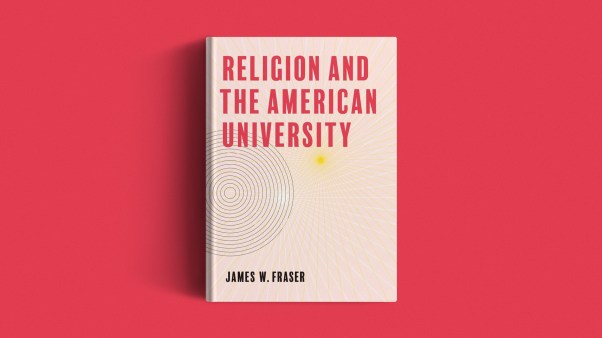A new study by Baylor University finds that belief that God has a plan for your life leads to less support for government programs. The Baylor Religion Survey found that nearly three-quarters of Americans agree that “God has a plan for all of us.” Those who agreed more strongly were more likely to see financial success as the result of hard work and ability. As a result, they were also least supportive of government programs that help those out of work.

This week on The Bulletin, hosts Mike Cosper, Nicole Martin, and editor in chief Russell Moore sit down with special guest Charles Camosy, professor of medical humanities at the Creighton University School of Medicine, to talk about the pope’s latest condemnation of surrogacy and what it means to hold a pro-life ethic over and against consumerist culture. The episode continues with honest words about why we evangelicals need to sometimes critique our own and how politics muddies the gospel when it enters the pulpit. Listen for compelling, thought-provoking discussions that will expand your faith.
“The Bulletin” is a production of Christianity Today
Executive Producer: Erik Petrik
Producers: Clarissa Moll and Matt Stevens
Associate Producer: McKenzie Hill
Editing and Mix: TJ Hester
Music: Dan Phelps
Show Design: Bryan Todd
Graphic Design: Amy Jones
Social Media: Kate Lucky
The Baylor survey found that 41 percent of Americans strongly agreed that God has a plan for everyone; another 32 percent merely agreed. Holding the belief appears to shape views of poverty and government. Those who strongly agree that God has a plan for everyone were much more likely to “some are meant to be rich and some are meant to be poor.” This is still a minority view: only 15 percent of those that strongly agree believe in poverty being fated. Still, this was three times greater than for those who did not strongly agree that God has a plan.
Those who believe God has a plan for everyone apparently see this plan including the rewarding of hard work and ability. Those who strongly believe in God’s plan were twice as likely to also believe success is achieved by ability rather than luck (39 percent vs. 17 percent).
As belief in a divine plan grows, so does belief in a major part of the American dream. The survey asked if Americans agreed that “anything is possible for those who work hard.” A majority who strongly agreed in God’s plan also agreed with this statement about hard work. Support was lowest among those who did not believe in a divine plan. Those who do not believe in God’s plan were half as likely to agree that anything is possible with hard work.
If people strongly believe that God has a plan for their lives, then they are more likely to see government as doing too much. Those with strong beliefs in God’s plan were the most likely to see government overreach (53 percent). Views of government playing a large role diminishes as belief in God’s plan wanes. Only a third of those who do not believe in God’s plan say government is doing too much, compared to one-in-five of those who strongly disbelieve say the same thing.
A majority of those who strongly believe in God’s plan also believe that “able-bodied people who are out of work shouldn’t receive unemployment checks.” As a belief in God’s plan grows weaker, so does agreement that those out of work should be helped by government. Three-quarters of those who do not believe in God’s plan believe that government should provide unemployment aid to those out of work.
Holding a belief in a divine plan does not result in greater material success in life. Of those who strongly disagreed, 30 percent made over $100,000 a year in family income. For those who strongly agreed, only 17 percent made this much money. Those who agreed were also less likely to finish college than those who disagreed.








